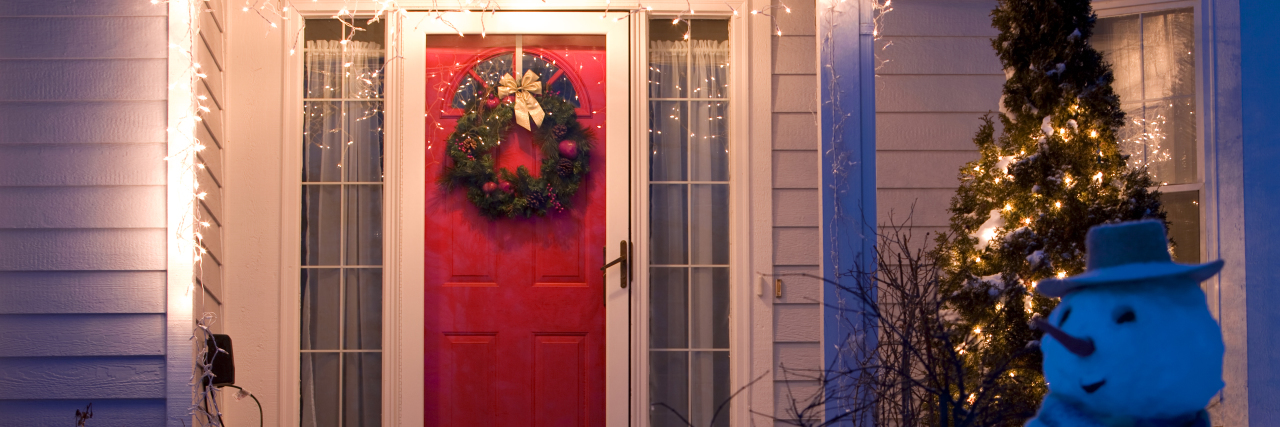Imagine you encounter someone you barely know. Instead of saying hello or reintroducing themselves, they suddenly wrap their arms around you, limiting your movement and removing any possible means of escape. You’re forced to stand there, frozen, until they decide to let you go. If they decide, you think. Because you now feel utterly helpless.
Sounds terrifying, right?
But what if I said they “hugged” you? All of a sudden, to so many people, it becomes sweet, and you become rude and snobbish if you don’t like it. Society, at least American society (the one I’ve been raised in), has deemed hugs to be awesome. They’re sweet and friendly and completely universal. Everyone, no matter what language they speak, likes a hug… right?
Except they don’t. And society in general seems to have decided that because everyone loves hugs, those who don’t are weird or rude or irredeemably grumpy. They clearly dislike joy and they probably hate kittens and rainbows, too. Once again, society’s ableism is popping up in unexpected ways. Unexpected to many able-bodied people, that is.
But it’s not just some autistic people like me who dislike hugs. People who’ve been assaulted may be uncomfortable with such unexpected intimacy. People with chronic illness may find hugs, especially unexpected ones, painful. And of course, some people just don’t like hugs because they don’t. And there’s nothing wrong with that.
Society has recently started having serious conversations about consent. Some people assume these conversations revolve purely around sexual experiences, but consent is about so much more than that. Consent is ultimately about having control over your own body and experiences. It’s a wonderful thing. It’s a concept I believe everyone should embrace — and hugging is one of the best ways to demonstrate it.
While some parents think consent conversations should start when a child learns about sex, I believe they should start much earlier.
Now, I love my parents. They’re the most perfect parents I could ever imagine having. But there was one thing that bothered me about how I was raised — I was expected to hug. If a relative or friend wanted a hug, I was to give it. A lot of parents do this and assume they’re teaching their child to be polite. But the underlying lesson? The child learns their body is not their own, that there are times when it’s purely for someone else’s enjoyment and use, and they need to go along with it to make them happy. That’s… problematic.
While it’s a jump from that to, say, keeping your teenage sweetheart happy with what they want from your body, it still is setting a precedent that can later be abused. You’re teaching children to ignore their discomfort and do something they don’t understand to please an adult. Unfortunately, there are all too many people who will take advantage of that. And they may be closer than you think.
Yes, Aunt Mary may be disappointed to not receive a hug. But an adult is much more capable of dealing with disappointment than a child is capable of dealing with discomfort, confusion and frustration. If a child wants to give a hug, then by all means they should! For those who like them, hugs can be wonderful and comforting. But not everyone likes them.
Please, parents: with the holidays and family events coming up, please consider what you’re doing when you’re forcing a child to hug. The hug itself is a small thing. But giving a child permission to set boundaries when it comes to their body? That’s a lesson that can last a lifetime.
Getty image by John X. Zhang.

